Latest stories

UN Sri Lanka highlights everyday heroes spreading solidarity amid pandemic
Like many countries around the world, Sri Lanka has faced a disruptive COVID-19 lockdown accompanied by a socio-economic fallout. Despite these challenges, many of its citizens have dedicated themselves to protecting their communities and ensuring the stability of the healthcare system, food supply and greater economy.
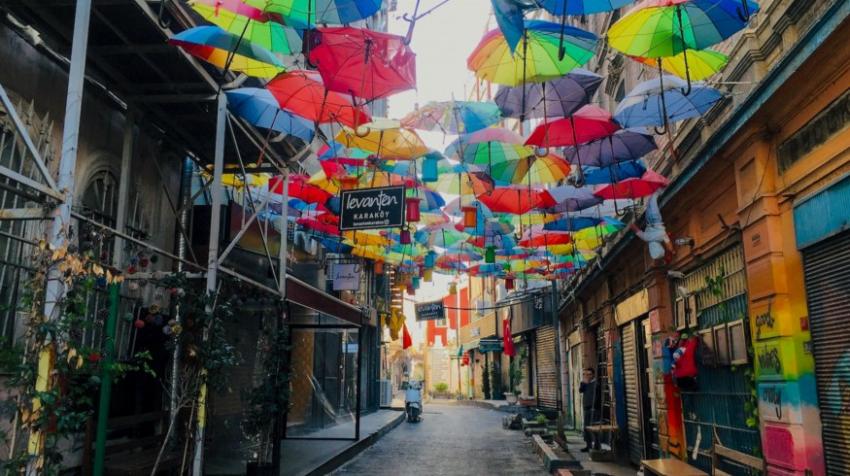
"It is imperative that we rebuild the tourism sector"
Tourism is one of the world’s most important economic sectors. It employs one in every ten people on Earth and provides livelihoods to hundreds of millions more. It boosts economies and enables countries to thrive. It allows people to experience some of the world’s cultural and natural riches and brings people closer to each other, highlighting our common humanity. That is why it has been so painful to see how tourism has been devastated by the COVID-19 pandemic.
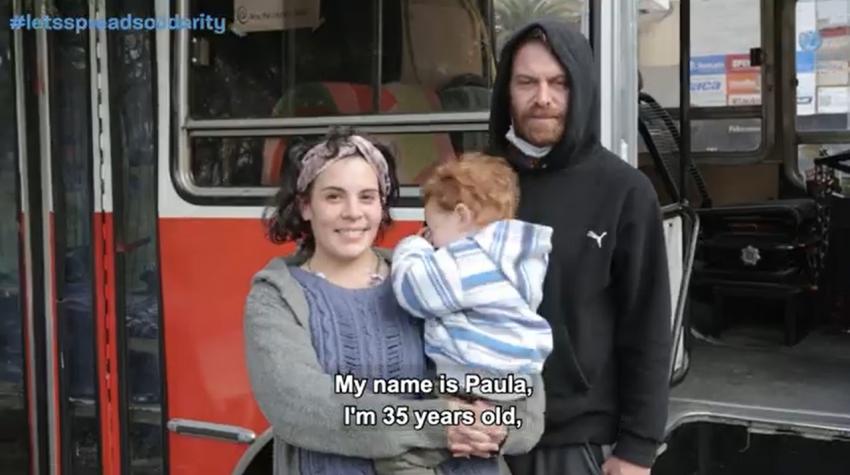
UN Argentina highlights everyday heroes spreading solidarity amid pandemic
Since Argentina’s government imposed a nation-wide quarantine to combat the COVID-19 pandemic on 20 March, uncertainty and apprehension have seemed just as infectious as the virus. To counter that, UN Argentina began highlighting stories about everyday acts of kindness. From small gestures to big projects, ordinary people are making a lasting difference in the lives of those around them.
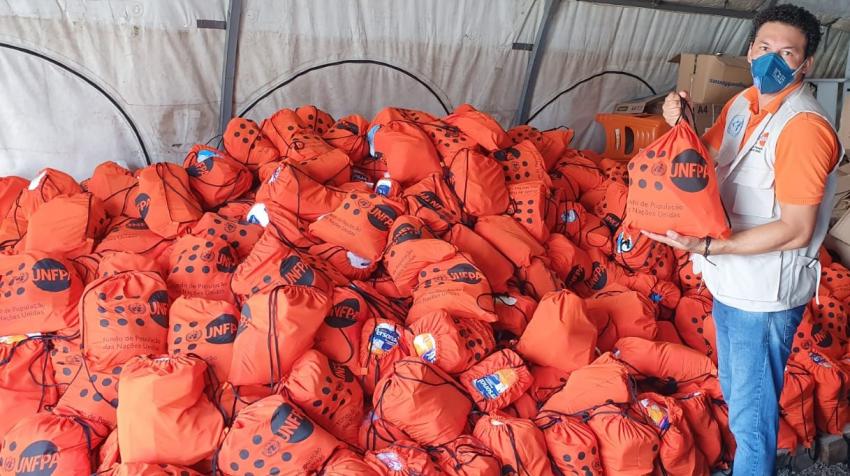
UN driver delivers supplies during COVID-19 despite risk to family
Every day since the beginning of the pandemic, Rafael “Rafa” Sanz, a driver for the UN Population Fund (UNFPA) in Roraima, Brazil, follows a careful routine when arriving home. He takes off his shoes. He undresses and showers in an improvised stall in the backyard of his house. After spending the day helping protect migrants and refugees from COVID-19, he must be diligent to protect his family at home where his son is in declining health.
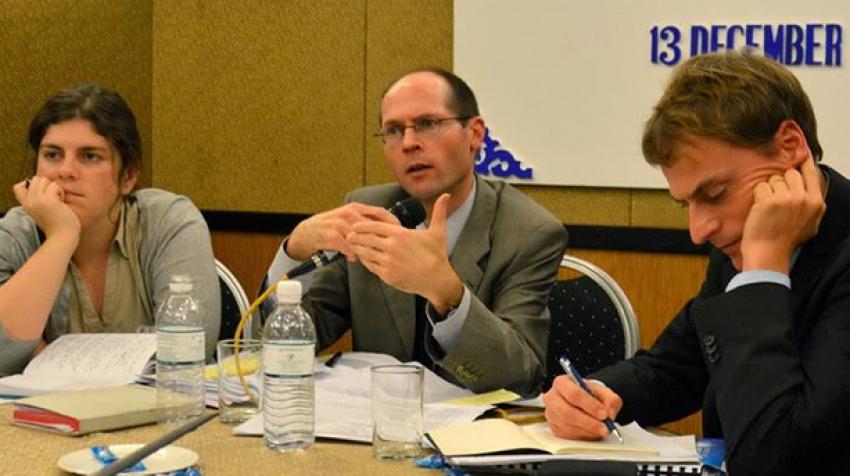
UN poverty expert: Promotion of equality must be our priority
The United Nations Special Rapporteur on Extreme Poverty and Human Rights, Olivier De Schutter, began his three-year mandate in May 2020 in the midst of the Covid-19 crisis.
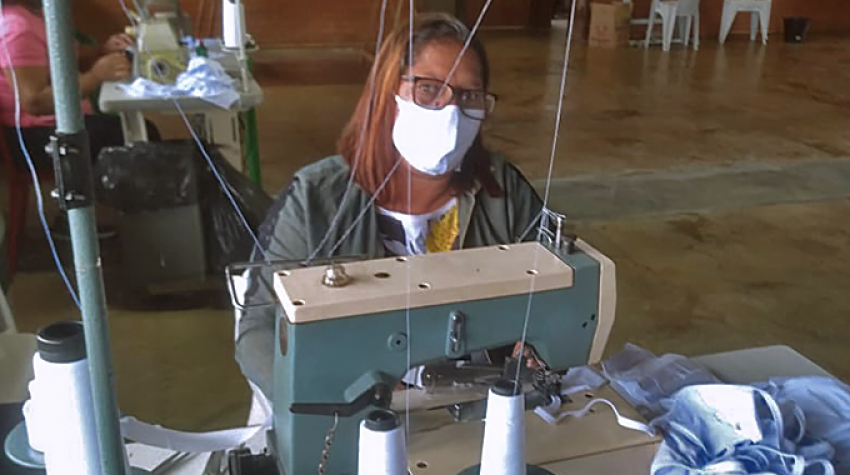
Dressmaker pivots to PPE with help from UNFPA Brazil
Gislene Pereira, 51, is a dressmaker who lives in the outskirts of Brasília. Until COVID-19 struck, she used to make custom shirts for celebrations like birthday parties and uniforms for companies and churches. “All the orders I had were canceled. My whole production was shut down”, she said.
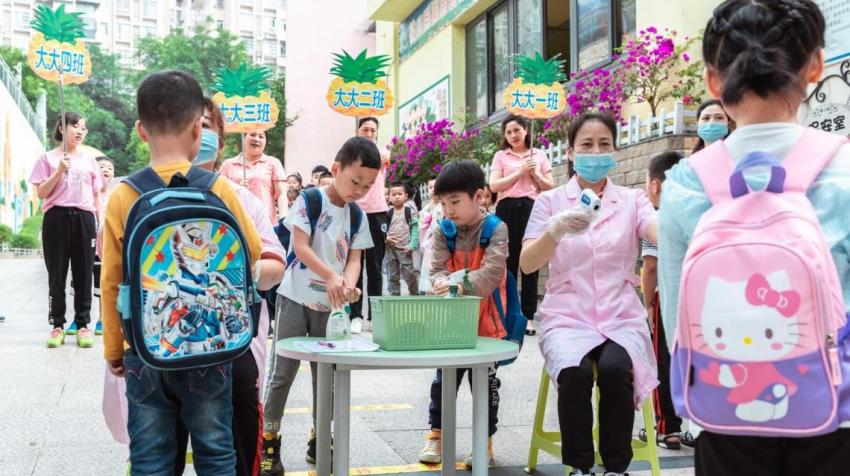
"The future of education is here"
Education is the key to personal development and the future of societies. It unlocks opportunities and narrows inequalities. It is the bedrock of informed, tolerant societies, and a primary driver of sustainable development. The COVID-19 pandemic has led to the largest disruption of education ever.
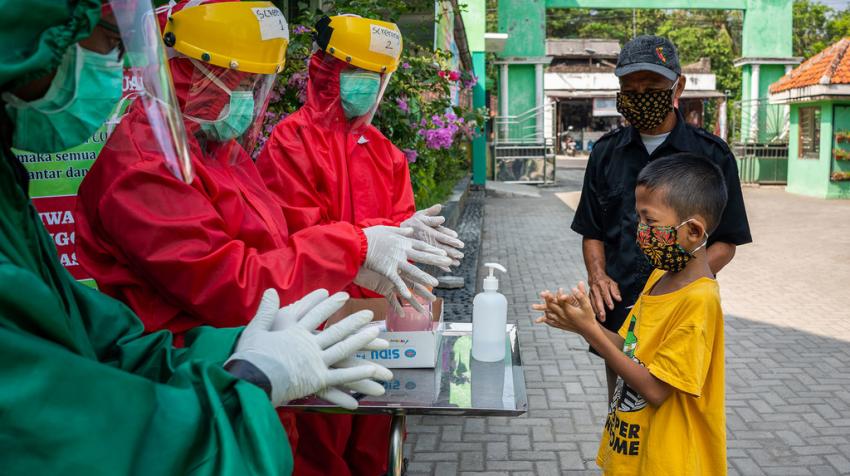
"Target women in all aspects of economic recovery and stimulus plans in Southeast Asia"
As in other parts of the world, the health, economic and political impact of COVID-19 has been significant across Southeast Asia — hitting the most vulnerable the hardest. The pandemic has highlighted deep inequalities, shortfalls in governance and the imperative for a sustainable development pathway.
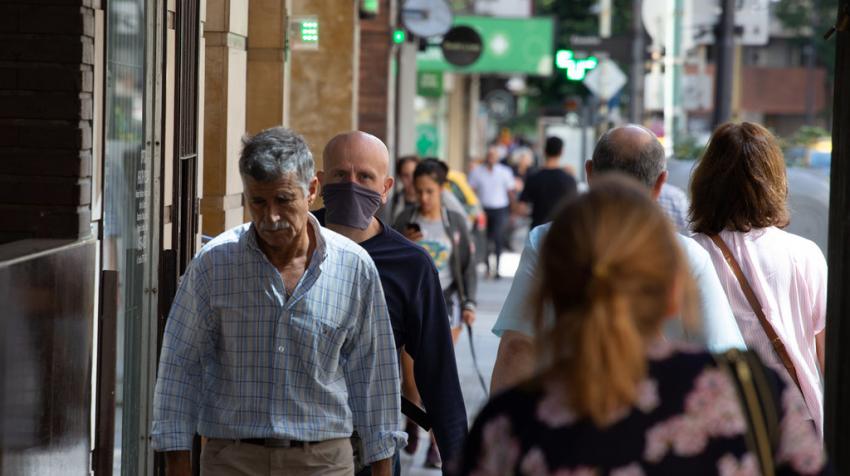
COVID-19 in an Urban World
Urban areas are ground zero of the COVID-19 pandemic, with 90 per cent of reported cases. Cities are bearing the brunt of the crisis – many with strained health systems, inadequate water and sanitation services, and other challenges. This is especially the case in poorer areas, where the pandemic has exposed deeply rooted inequalities. But cities are also home to extraordinary solidarity and resilience.
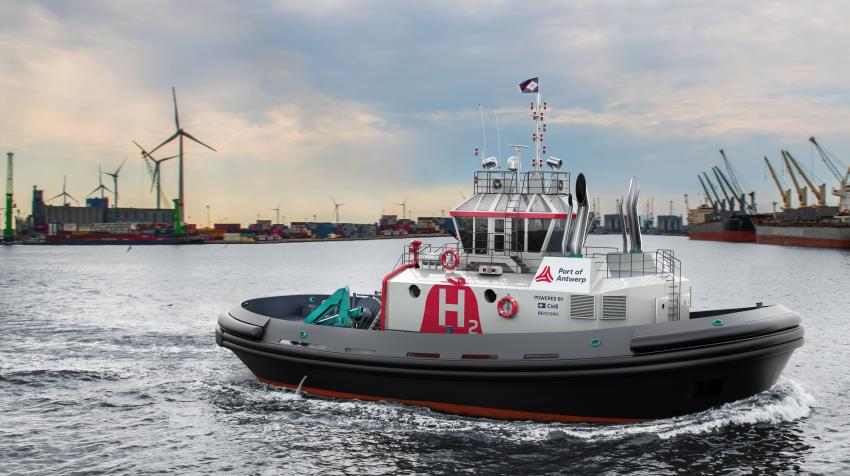
Port of Antwerp: a pioneer among sustainable ports
The Belgian Port of Antwerp wants to work towards becoming a sustainable port reconciling economic, social and ecological interests. The 17 Sustainable Development Goals (SDGs) have been anchored in the port’s mission and business plan with a roadmap for 2030.
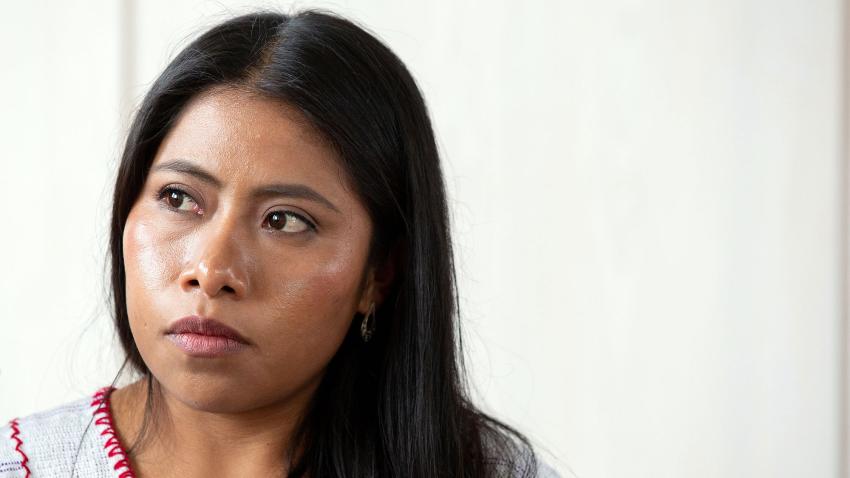
UN urges protection of domestic workers’ rights during COVID-19 pandemic
Oscar-nominated actress Yalitza Aparicio rose to fame in the film Roma, where she starred as an indigenous domestic worker. There are an estimated 67 million domestic workers worldwide, the vast majority of whom are women. As they try to maintain their livelihoods, lack of access to social protection systems makes domestic workers especially vulnerable to the COVID-19 pandemic.
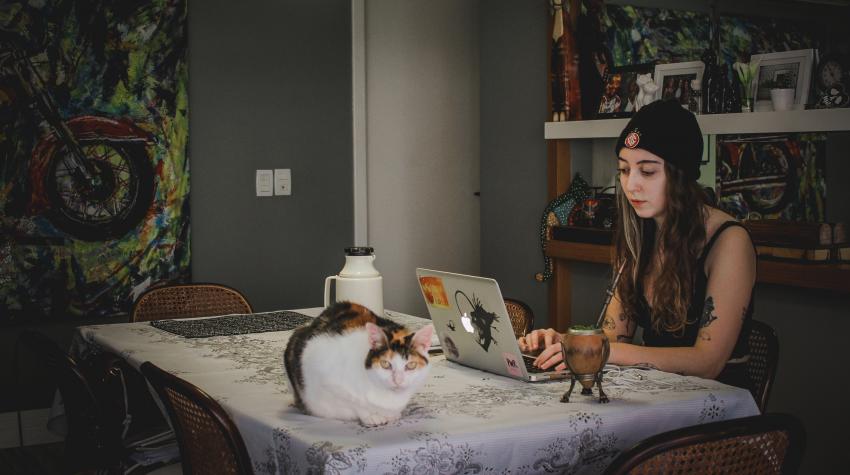
UNIC Rio's multitasking interns face the challenge of home office during the pandemic
"The day the earth stopped", music by Raul Seixas, inspired Gabriella de Azevedo Carvalho, 25 years old, to name the dog she adopted the week she started quarantining because of the COVID-19 pandemic. At almost the exact same time, she also began work as an intern at the United Nations Information Center Nations for Brazil (UNIC Rio). Since then, her dog Raul has been her daily companion on her home office journey as a graphic designer for UNIC Rio.
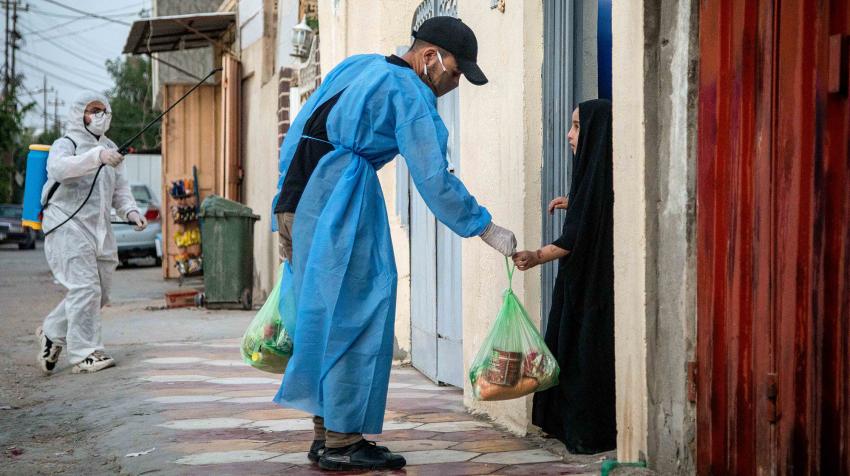
COVID-19 and the Arab Region: An Opportunity to Build Back Better
The COVID-19 pandemic has exposed fault lines, fissures and fragilities in societies and economies around the world – and the Arab region is no exception. The region is blessed with tremendous diversity and potential. Yet all Arab countries – whether oil-rich, middle-income or least developed – face difficulties in responding.
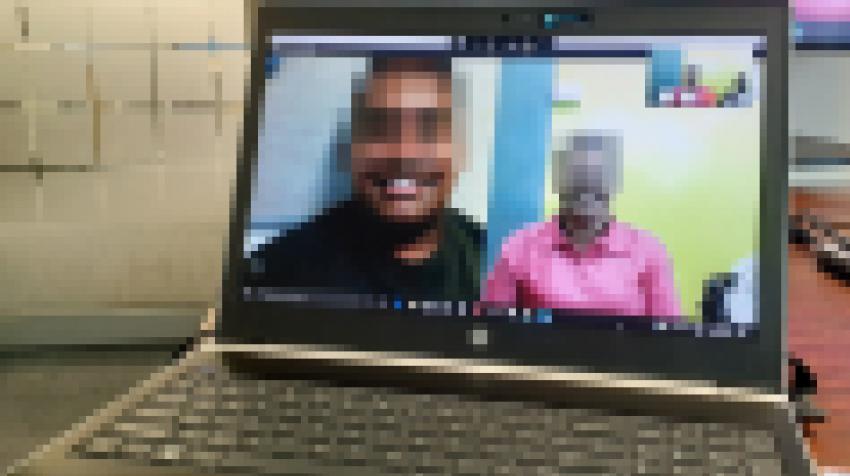
Reunited virtually with families in prisons
Kelera’s (not her real name) son is now 22 years old and lives and studies at the University in Hawaii. Separated from her son since he was five years old, Kelera has not seen his face in years. She has never forgotten his smile, and her only hope was to see him again while she is serving a life sentence.
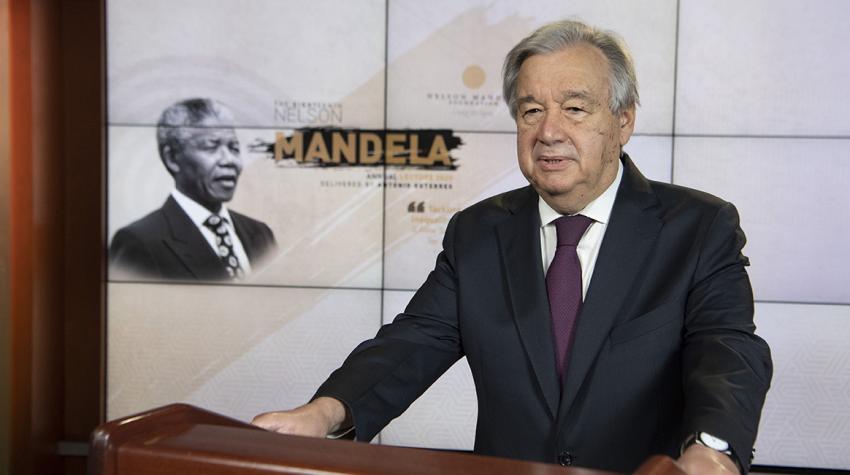
Tackling Inequality: A New Social Contract for a New Era
On Nelson Mandela International Day, 18 July, UN Secretary-General António Guterres delivered the 18th Nelson Mandela Annual Lecture. In his speech the Secretary-General took aim at the various layers of inequality that are being exposed and exacerbated by the COVID-19 pandemic.
